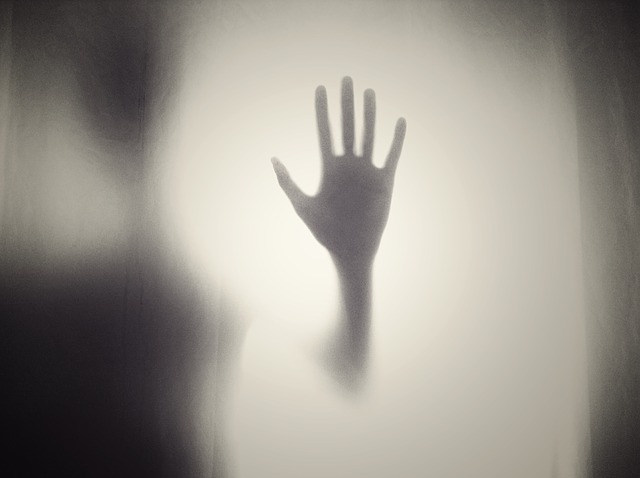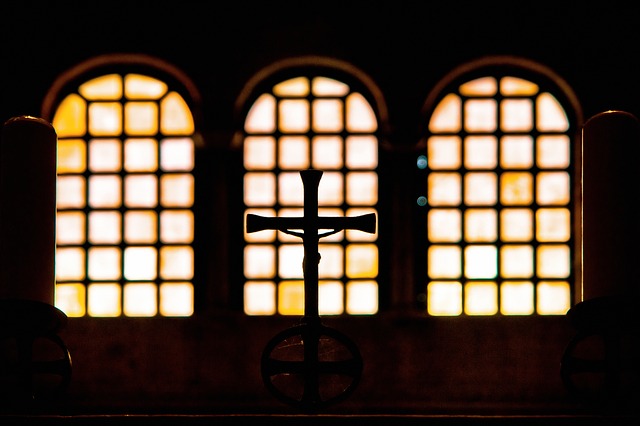Note: the following article on religion in Dracula is a modified excerpt (pp. 115-117) from my doctoral dissertation, “Time is Everything with Him”: The Concept of the Eternal Now in Nineteenth-Century Gothic, which can be downloaded (for free) from the repository of the Tampere University Press. For a list of my other academic publications, see the relevant page on the main site.
You can also find an article about religion in Charles Dickens’s A Christmas Carol and Mary Shelley’s Frankenstein
Religion in Dracula is a matter of oppositions. Bram Stoker’s Dracula presents the narrative as a whole and the Count in particular as an opposition to Christianity. Jacques Coulardeau argues that “Dracula [is] the heir of an older tradition than Christianity, that is to say paganism … Older religions are centered on a cult to nature: the night and the day, as well as the earth, the sun, and the moon” (2007, 130).
At the same time, Norma Rowen adds that the inverted Christian imagery in Dracula essentially renders the Count an antichrist, with Renfield’s phrase “the blood is the life” a parody of the Eucharist (1997, 241).
Furthermore, by calling Mina his “bountiful wine-press” (D 306), Dracula introduces a metaphor often argued to carry religious connotations. The reason is due to the fact that wine is part of the Eucharist (Kreitzer 1999, 125), but also because of the allusion to Genesis, with Mina’s vampiric baptism becoming a parody of the creation of Eve (Loughlin 2004, 204).
(more…)


